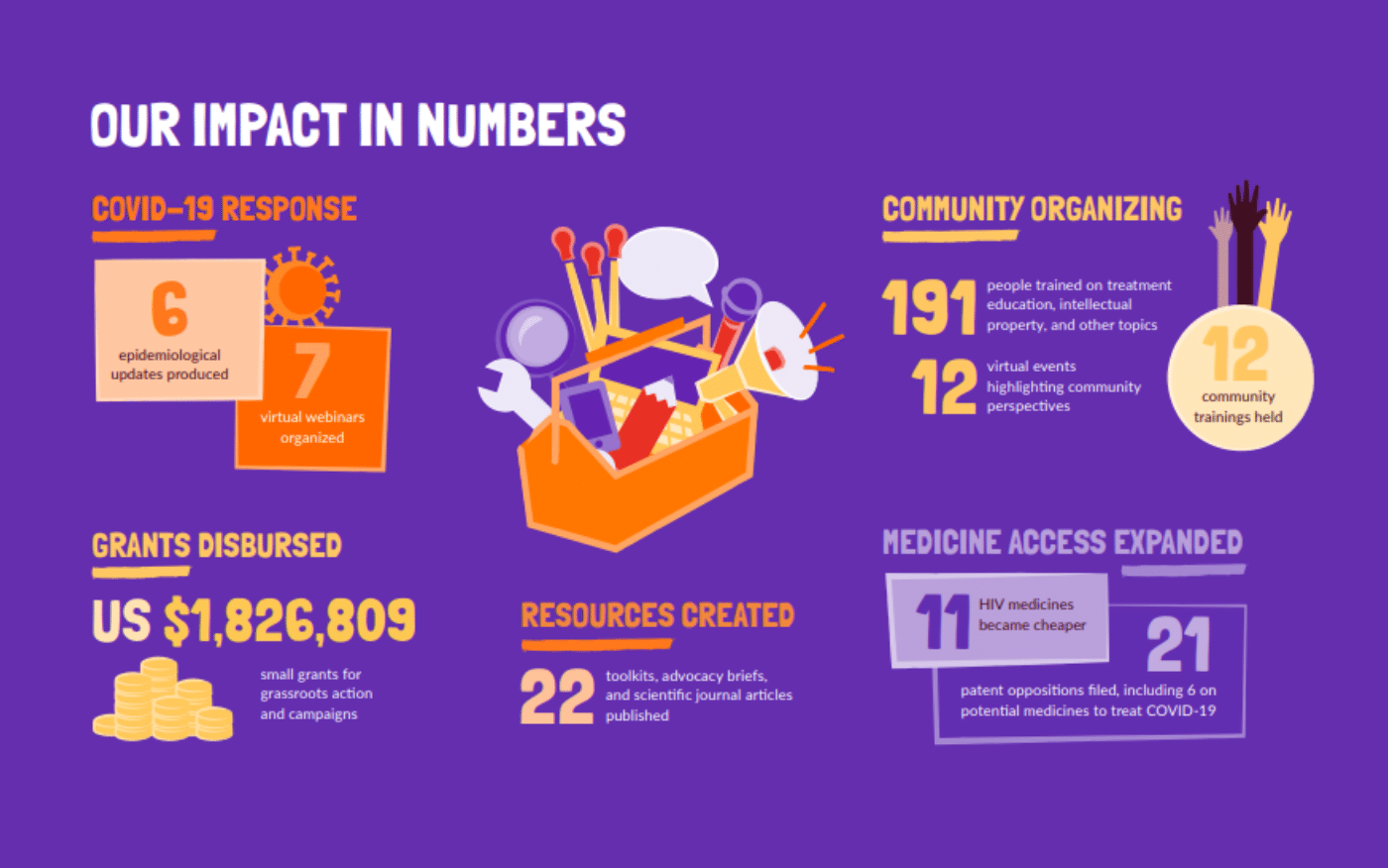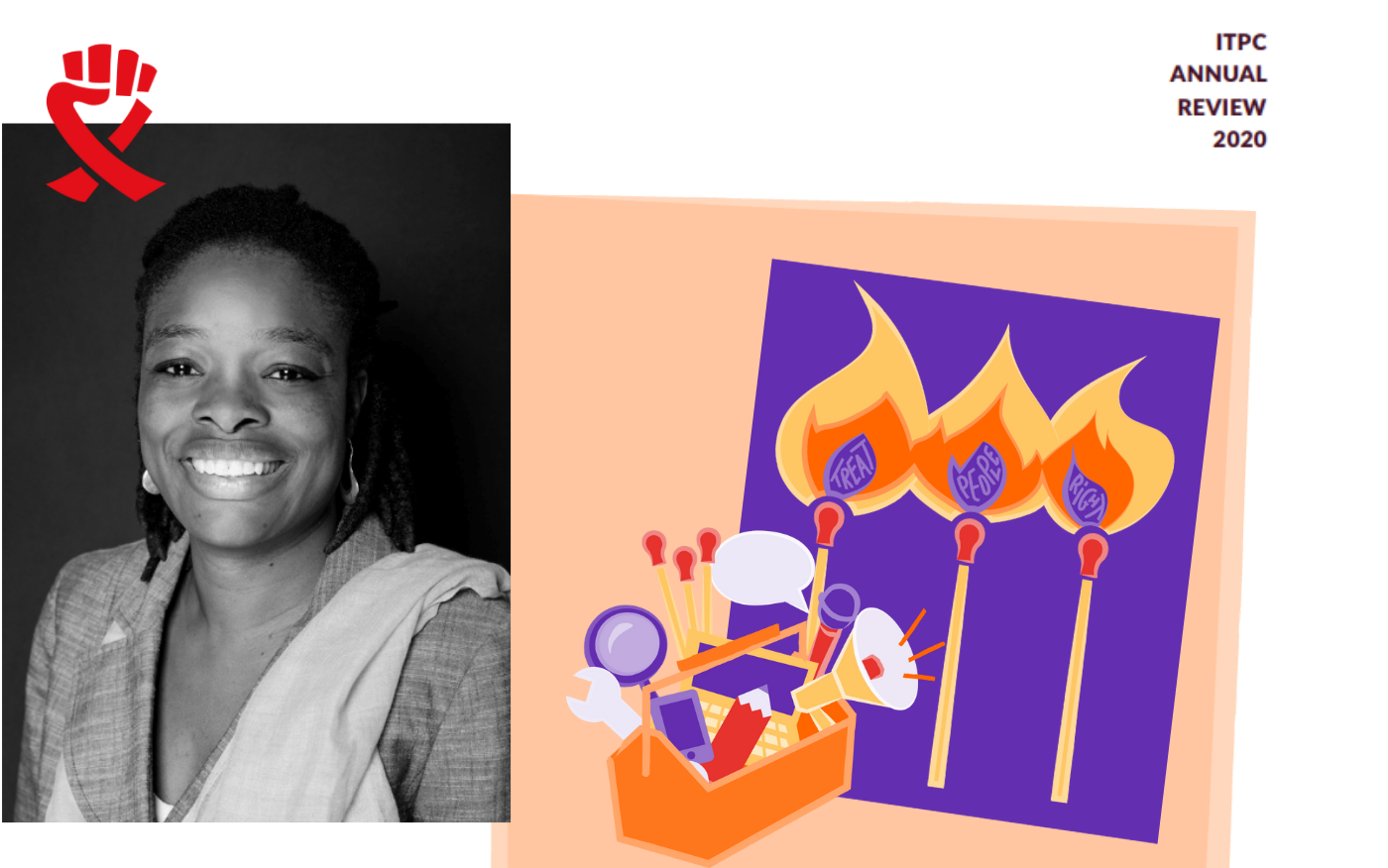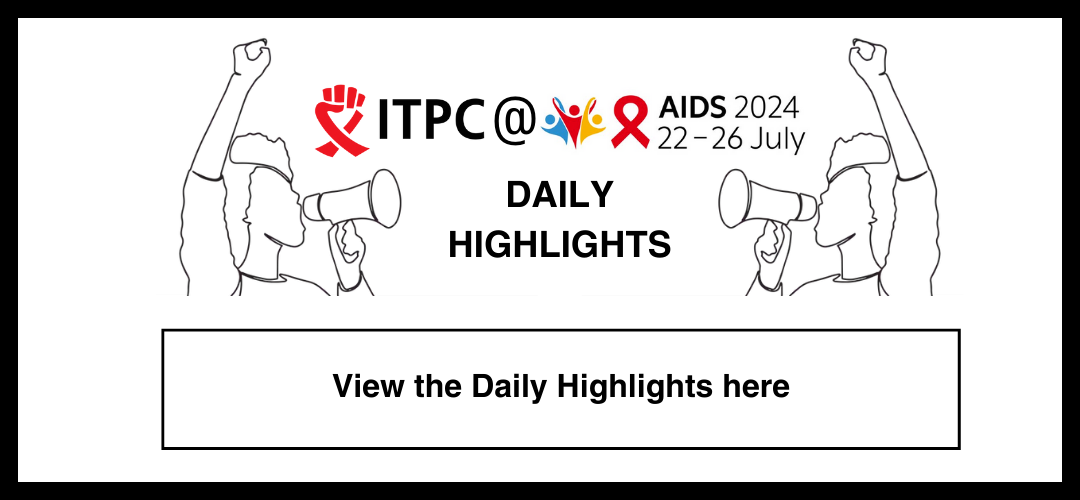With the onset of the COVID-19 pandemic, there was an urgent need for timely and reliable information on COVID-19 to enable community preparedness. ITPC immediately drew upon its expertise in treatment education to roll out virtual trainings and information through webinars and social media. We developed several resources to guide communities on key advocacy priorities and conducted assessments to gauge the needs of communities.
Our impact in numbers
We are a small, dedicated team and we are proud to commit our energy, expertise, and creativity to this important work each and every day.

Treat People Right
ITPC launched an innovative project with Dristi Nepal, an organization for women living with HIV who use drugs and sell sex, to source, analyze, and disseminate first-hand accounts of the effects of COVID-19 on its community. ITPC developed a participatory research tool that utilized images and emoticons for participants who had low levels of literacy. Many of the women were afraid to seek services, struggled to maintain their antiretroviral (ARV) regimens, and lost their jobs during the lockdown.
ITPC conducted rapid assessments for people living with HIV in Indonesia, Uganda, Ukraine, and Vietnam. Results showed the cross-cutting negative effects of the COVID-19 pandemic on access, availability, and affordability of HIV treatment and care.
Common issues included:
- Clinics limiting their opening hours
- Antiretroviral stock-outs
- Inability to travel to collect ARVs and other medicines
- Fear of accidental disclosure
- Shortage of viral load testing
- Increased out-of-pocket costs
- Food insecurity
- Physical and gender-based violence
A collaboration with the sexual and reproductive health (SRHR) organizations, Salamander Trust and Making Waves, assessed how COVID-19 affected access to SRHR and HIV services for women and girls living with HIV in Southern and East Africa. The authors interviewed 50 women in Botswana, Eswatini, Kenya, Namibia, South Africa, South Sudan, Tanzania, Uganda, Zambia, and Zimbabwe.
Findings included:
- Violence against women and girls increased in homes and communities.
- Digital communications excluded many women and girls, heightening their isolation during the pandemic.
- Women and civil society organizations were excluded from national COVID-19 decision-making.
- World Health Organization (WHO) technical guidance did not respond to the gender challenges of COVID-19. Word searches of the WHO website for COVID+Women, COVID+HIV, and COVID+violence brought up no results.
ITPC collaborated with Matahari Global Solutions and Dr. Fifa Rahman to develop a case study comparison of the COVID-19 responses of Malaysia and Brazil. The study explored the treatment of vulnerable and indigenous communities during the COVID-19 pandemic and found that both countries had committed human rights violations.
View the ITPC Global Annual Review 2020 here.
Download the ITPC Global Annual Review 2020 as a pdf here.

